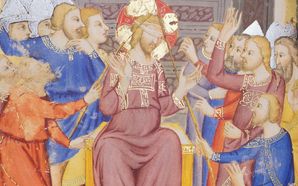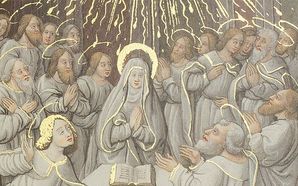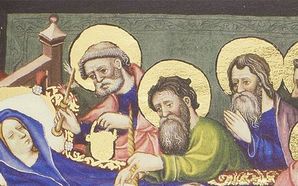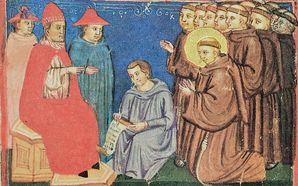Christmas and the Word of God as a "Hard Nut to Crack"? – How Ezekiel Consumed a Scroll
Nuts and honey appear in the minds of many people when they think back to the gifts St. Nicholas brought them as a child. Even today, many families crack nuts during Advent and the internet offers all sorts of delicious recipes on how best to prepare honey-roasted nuts.
The prophet Ezekiel, on the other hand, has a tough nut to crack in the Old Testament: right at the beginning of his prophetic life, he is confronted with the unruliness of the people of Israel, who once again in their long history have become completely indifferent to God and his commandments. Israel's God is not exactly thrilled and demands something unusual from his new prophet – he is to eat a scroll...!
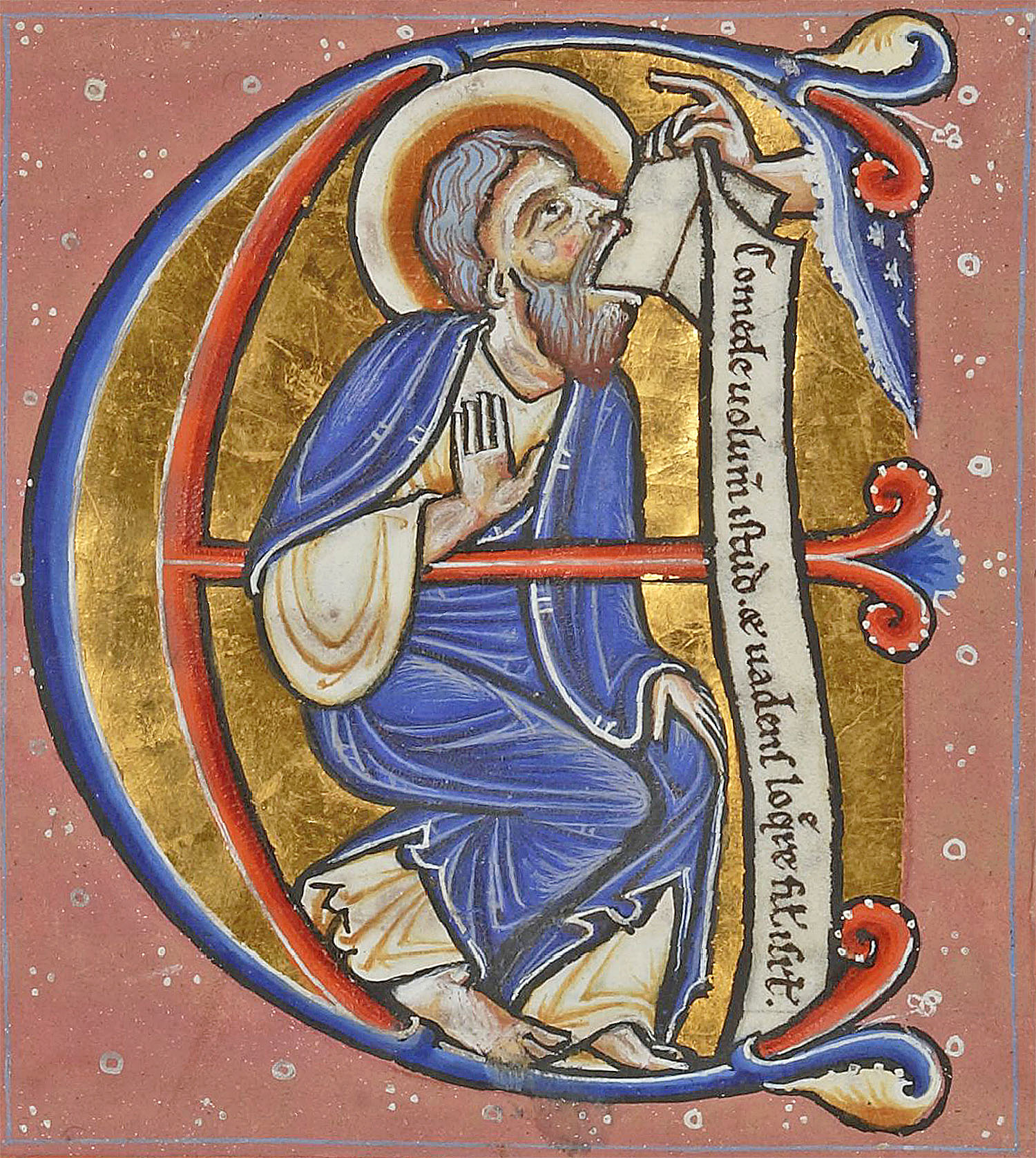
"You shall speak My words to them, whether they hear or whether they refuse, for they are rebellious. But you, son of man, hear what I say to you. Do not be rebellious like that rebellious house; open your mouth and eat what I give you.” Now when I looked, there was a hand stretched out to me; and behold, a scroll of a book was in it. Then He spread it before me; and there was writing on the inside and on the outside, and written on it were lamentations and mourning and woe. Moreover He said to me, “Son of man, eat what you find; eat this scroll, and go, speak to the house of Israel.” So I opened my mouth, and He caused me to eat that scroll. And He said to me, “Son of man, feed your belly, and fill your stomach with this scroll that I give you.” So I ate, and it was in my mouth like honey in sweetness." (Ezk. 2:7–3:3)
The hard nut that Ezekiel has to crack is not the scroll itself – it becomes sweet as honey for him. His personal sticking point is the unruly behavior of the house of Israel itself, which does not want to know anything about God, but to whom God sends him. With such difficult addressees, the prophet has only one chance: he must first commit himself to the word of God and his message, completely, with skin and hair, with every fiber of his body. He must first let God give him what is necessary for the fulfillment of his mission – and that is not fast food: Ezekiel must chew through the Word of God like wholefoods, he must first bite his way through to the liberating message of God himself before he can bring it acceptably to others. Only in this way can the Word of God become flesh in man – an event that will soon be centrally celebrated again at Christmas.
This requires an intensive examination – with the Word of God and with oneself, one's own (taste) preferences and dislikes. In this personal interpretation of the Bible, the reader does not leave his or her own person out, but rather incorporates the text to become one with it – as with nuts, honey, and any other food. The Bible, then, does not invite the reader to take a bite out of scrolls or books, but it does ask for a genuine engagement with its text that is so existential that no one can take it away from anyone else. In a Christmas sermon, Martin Luther considers this to be precisely the best way to deal with biblical texts:
"The Gospel is so clear that it does not need to be interpreted at length. It only wants to be looked at well, looked at and taken deeply into the heart. No one will derive more benefit from reading the Gospel than he who stills his heart, leaves all things behind, and looks intently into the text again and again."


